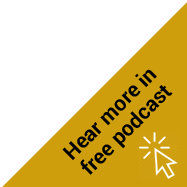Cancer Prevention and Survival
Program wtts-bonus • 4 hrs
CDs available via special order. HumanMedia ®
Program wtts-bonus • 4 hrs
CDs available via special order. HumanMedia ®
Hear these free interviews with leading experts in natural approaches to health, taped at medical schools, hospitals, the American Cancer Society and elsewhere. Also enjoy segments on the health benefits of humor—jest for the health of it! For people with cancer or other illness, or anyone seeking a high quality of life.

 | Basic Concepts of Nutrition and Excercise for Cancer Survivors (2:41) | |
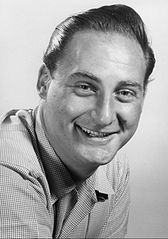 | Sid Caesar: Humor Can Help You Heal
| |
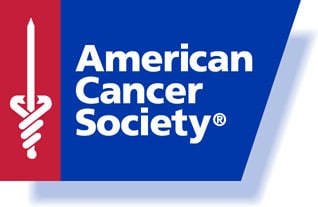 | Colleen Doyle: American Cancer Society Diet Suggestions (20:32) | |
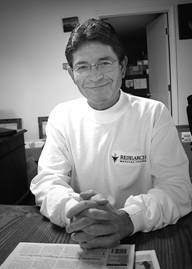 | Duke University’s Harold Koenig, MD: Cancer and Faith (21:06) | |
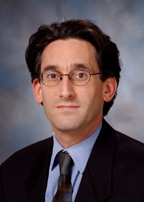 | Lorenzo Cohen, PhD: Yoga For Cancer (10:20) | |
 | Harold Benjamin: Wellness Community (8:50) | |
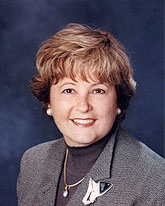 | Susan Foerster
| |
 | Michele D. Holmes, MD: Benefits of exercise (12:01) | |
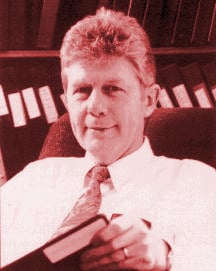 | Alistair J. Cunningham, PhD
| |
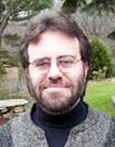 | Elliot Friedman, PhD: Social connections (14:59) | |
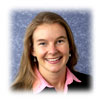 | Jennifer Reilly
| |
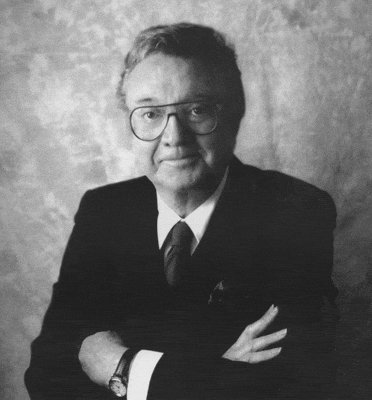 | Steve Allen: Humor distracts from our woes (10:26) | |
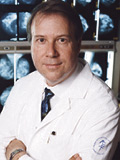 | Patrick Borgen, MD: Immune system v. cancer (10:22) | |
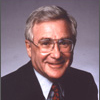 | Herbert Benson, MD
| |
 | Gerald Jampolsky, MD
| |
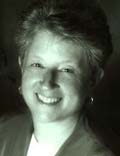 | Louise Diamond
| |
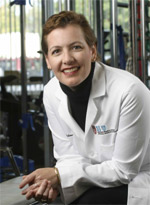 | Julie K. Silver, MD
|
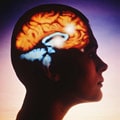 | Efficacy of Mind/Body Medicine Stress is familiar to everyone and especially to patients with cancer, either those currently being treated for cancer or those who are survivors, whether for one month, five years or longer. | |
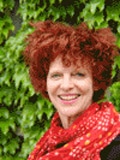 | Resiliency As the director of the Mind/Body Medicine Cancer Program, Ann Webster, PhD, has seen how hundreds of people cope with a diagnosis of cancer. Some respond to this challenge with remarkable resiliency, seeing an opportunity to grow and develop, to find greater meaning and purpose in their lives. | |
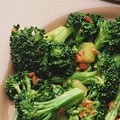 | Disease Prevention Through Diet Modification Eat 5 to 9 a day for better health. Develop weight management and listen to quotes from experts heard in Humanmedia’s one-hour audio program, Everyday Healing Foods. | |
 | Helpful Stress-Management Strategies Use this list to check over your skills at changing your outlook, improving time management, personal care and relationships | |
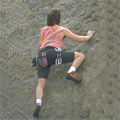 | How To Reach A Stress-Reduction Goal Everyday things I can do to reduce stress and how I will incorporate this stategy or skill into my life? | |
 | Humor Is Good Medicine Research indicates that when people use humor, they suffer less fatigue, tension, anger, depression, and confusion in response to stress. Humor is a great coping skill that is within your control. | |
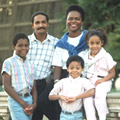 | Living In The Present When done properly, time management helps you use your time well and provides opportunities for you to reflect on the pleasures and joys of life. | |
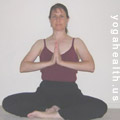 | Manage Your Stress Stress can affect your body physically as well as affecting the way you think, act, and feel. This document will allow you to identify your own stress symptoms. | |
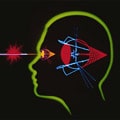 | Recognizing / Changing “Mind Traps” Thinking distortions that can lead to stressful self-talk. | |
 | Relaxation Techniques Relaxation techniques that can ease anxiety, slow your heart rate, and lower blood pressure (at least temporarily). | |
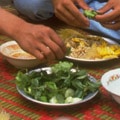 | Some of the Healthiest Foods The following is a “healthy food hot list” that give you the biggest nutritional bang for your caloric buck, as well as decrease your risk for cancer, diabetes and heart disease. | |
 | Writing and Healing: A Path of Spirit After eight surgeries and two rounds of radiation for breast cancer, Pamela Post used writing as a therapeutic tool to create writing support groups for cancer victims. |
A woman who was severely burned in an accident reveals her personal journey of healing and self-acceptance and describes what she’s learned from working with young people who are also coping with burns.
We hear from a variety of nurses about the stresses they face in today’s fast-paced medical setting—and how they struggle to find the time needed to treat the whole person.
Daniel Goleman is a former New York Times science reporter specializing in how brain function affects the way we feel and perceive life, particularly how people develop different levels of empathy.
An elderly physician and Nobel Peace Prize-winner, Bernard Lown, pleads for a revolution in health care that would place greater emphasis on personal interaction between doctor and patient.
A no-holds-barred look at the stressful conditions in which many nurses work: the long hours, the emotional toll, the rapid pace, and the way that technology and institutional practices can make it hard to form a caring bond with patients.
We hear excerpts from Escape Fire a powerful new documentary that recently aired on CNN, along with comments by its young director, Matthew Heineman, about the over-scheduled work day of doctors and how too many pharmaceuticals don’t make us better.
Your tax-deductible contributions help keep Humankind afloat. Thanks for listening!
© 2025 HumanMedia ®


